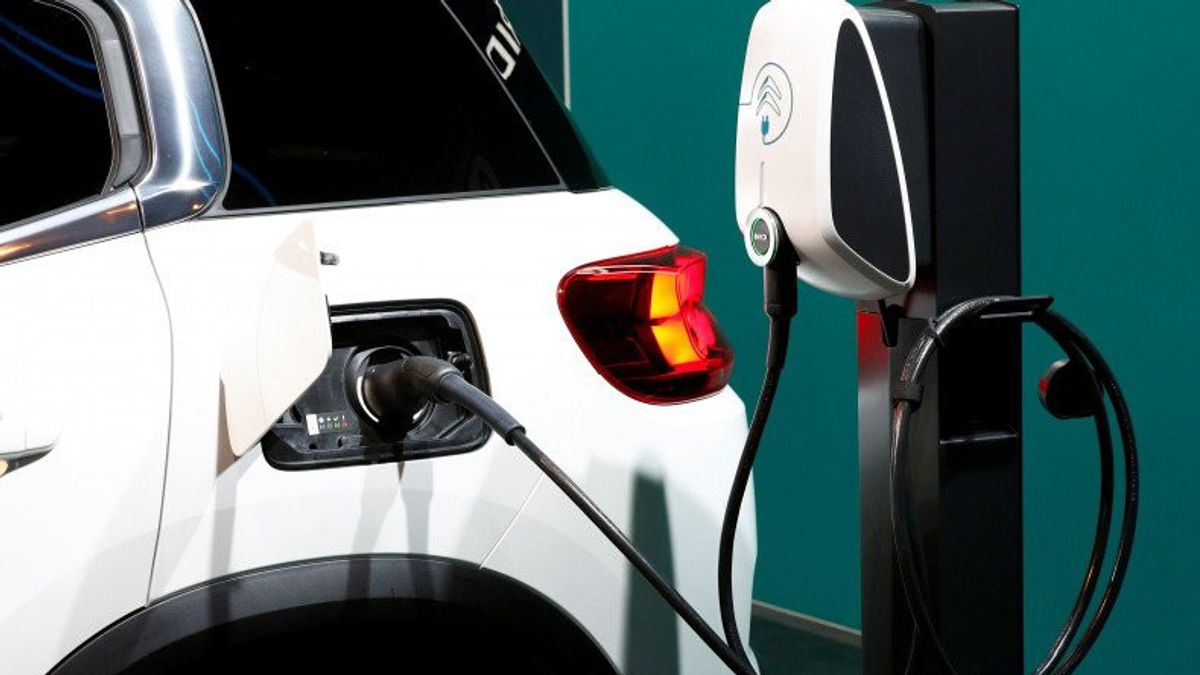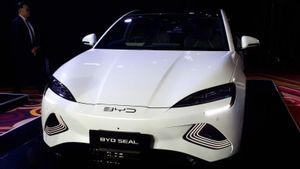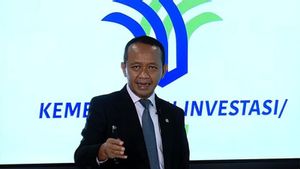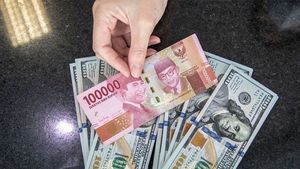JAKARTA - The Coordinating Ministry for Maritime Affairs and Investment (Kemenkomaves) stated that additional incentive packages are expected to present more choices of electric vehicle (EV) variations at a more affordable price for the community.
Deputy for Infrastructure and Transportation Coordination of the Coordinating Ministry for Maritime Affairs and Investment (Kemenkomarves) Rachmat Kaimuddin is optimistic that the government's incentive policy can encourage the availability of more electric vehicle models, especially electric cars, as well as increase sales of electric cars in the country.
"We believe that through this regulation, it can be achieved. And we hope to see more (EV) products," Rachmat quoted Antara as saying.
He does not deny that the price of affordable electric vehicles for the community is still a major challenge in accelerating the adoption of electric vehicles. Meanwhile, domestically available electric models are still limited.
Therefore, through various tax incentives, the Indonesian government seeks to invite more manufacturers, especially electric cars.
According to him, these incentives can answer the manufacturer's doubts due to the layered tax burden when entering the Indonesian market.
For information, the government provides additional incentive packages in the form of 0 percent import duties, 0 percent PPnBM, as well as exemption or reduction of regional taxes for KBLBB, all of which apply to fully and decomposable KBLBB imports (CBU) with TKDN of less than 40 percent.
SEE ALSO:
The additional incentives are contained in Presidential Decree No. 79 of 2023 concerning Amendments to Presidential Decree No. 55 of 2019 concerning the Acceleration of the Battery-Based Electric Motor Vehicle Program (KBLBB).
Rachmat explained that producers can enjoy imported incentive packages until the end of 2025. However, later producers will also have to produce domestic vehicles of the same number as the vehicles they import until 2027, in accordance with the applicable TKDN provisions.
"Car manufacturers in Indonesia must meet the requirements for the domestic content level (TKDN), meaning that until 2026 it will be 40 percent and starting in 2027 it will be 60 percent. So the sooner you (EV producer) produce, in fact you will benefit from lower local content requirements," said Rachmat.
The English, Chinese, Japanese, Arabic, and French versions are automatically generated by the AI. So there may still be inaccuracies in translating, please always see Indonesian as our main language. (system supported by DigitalSiber.id)
















